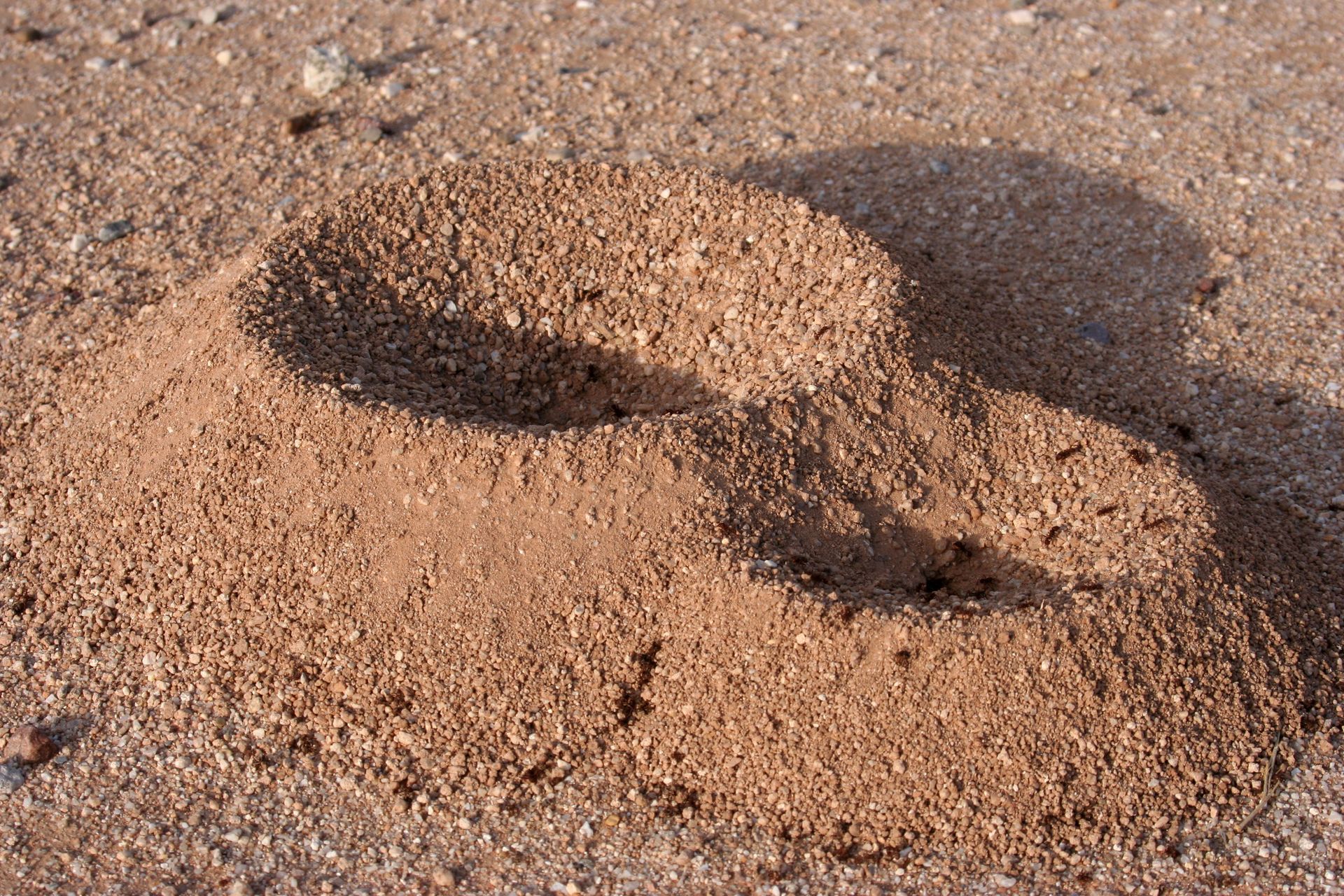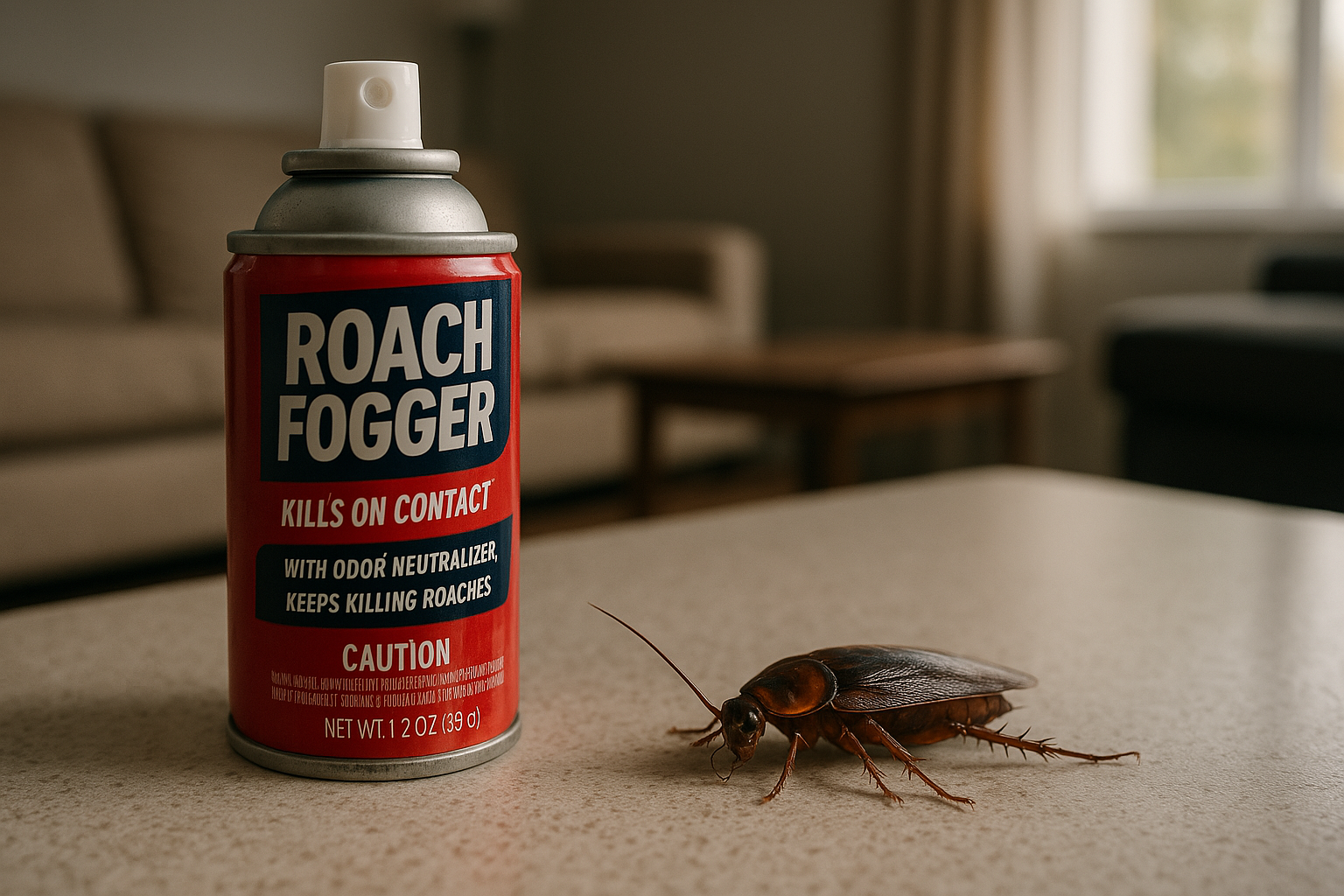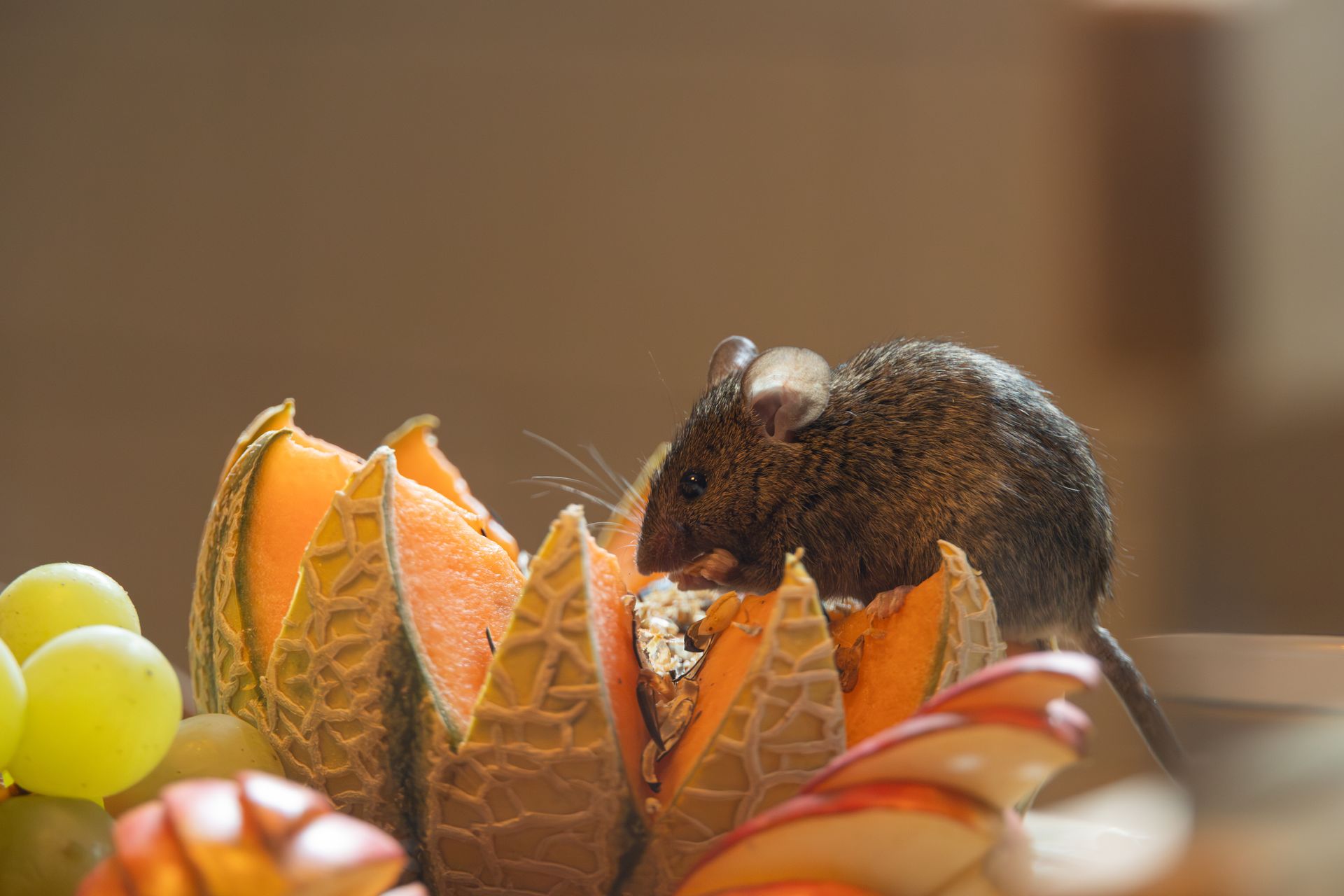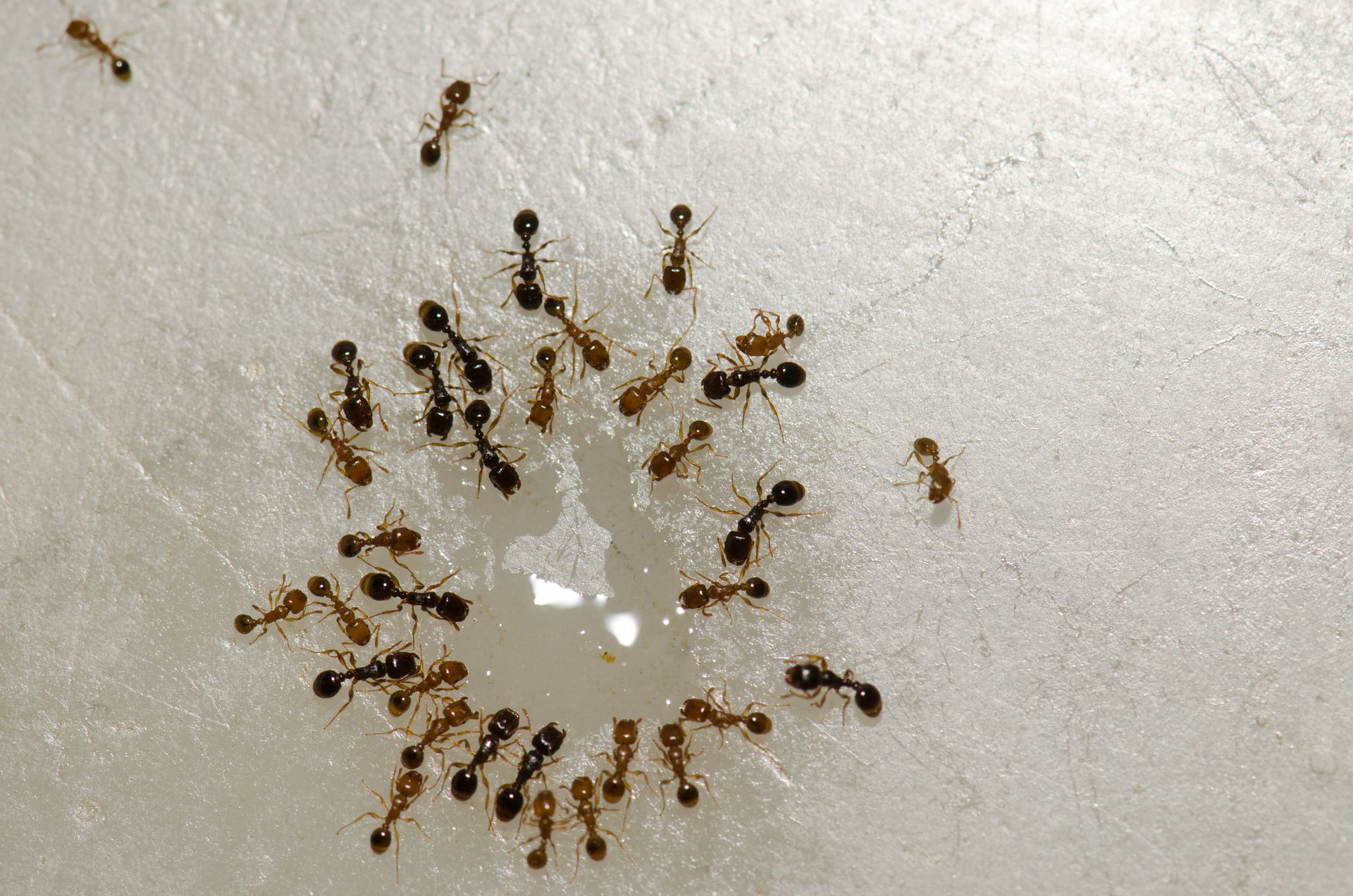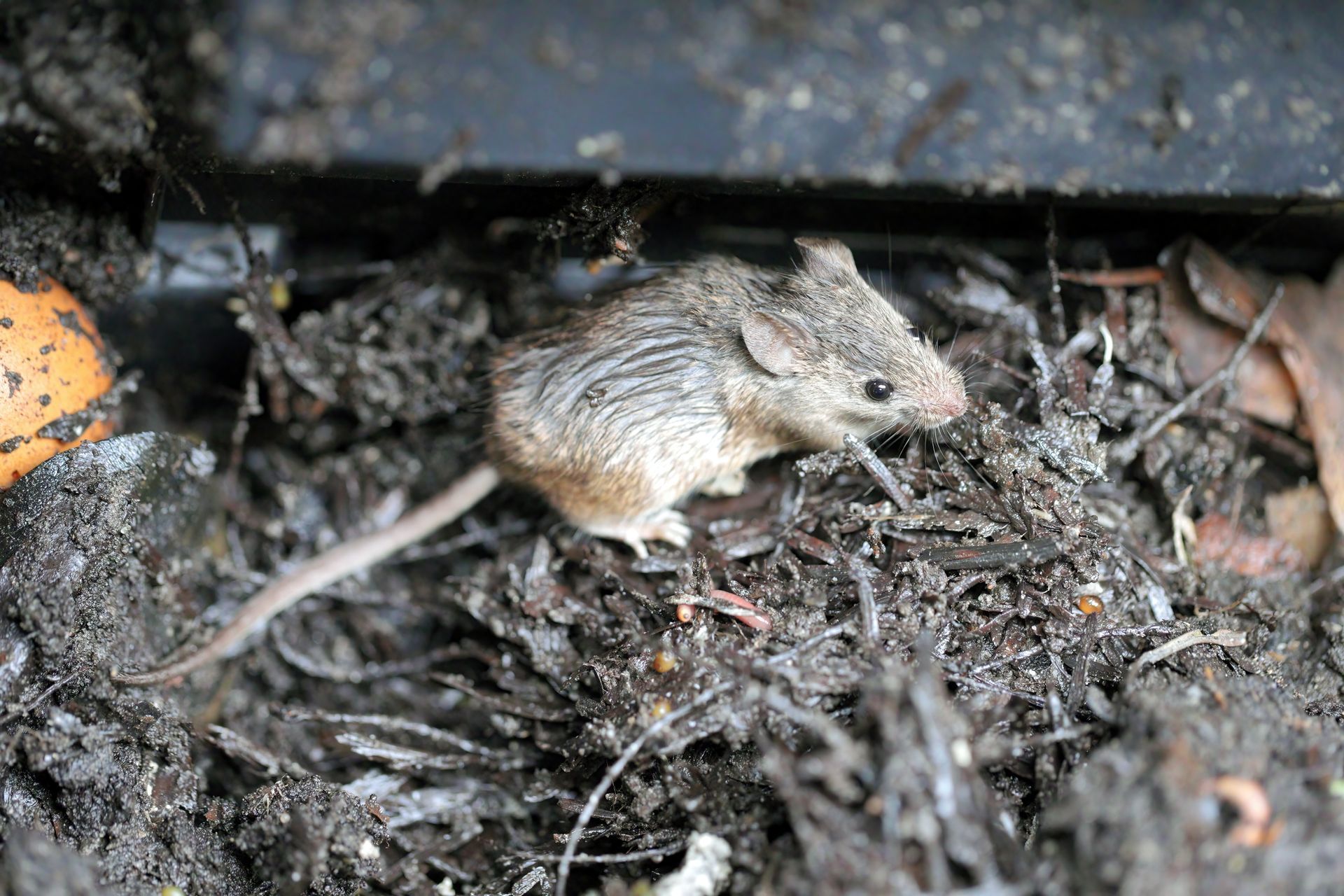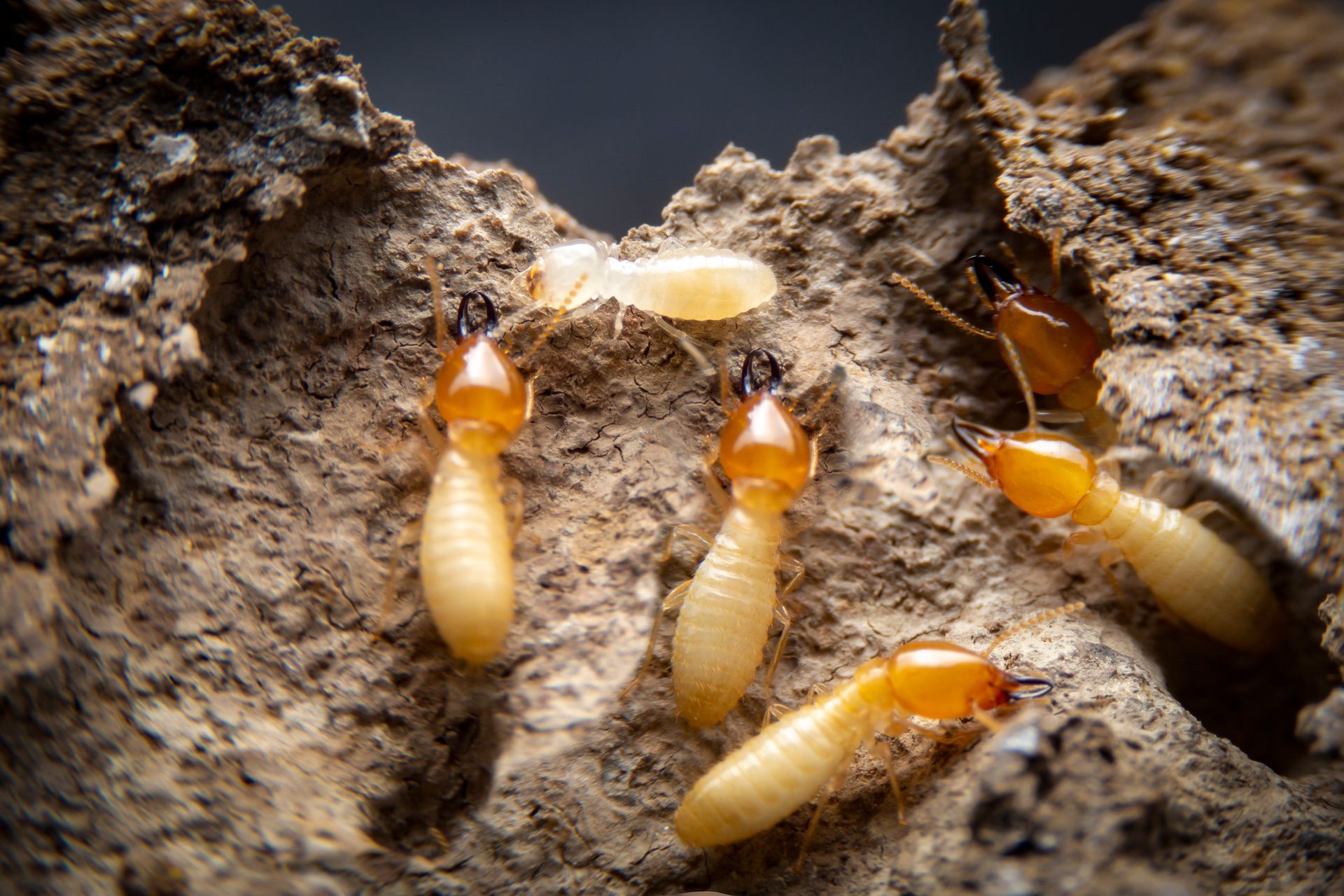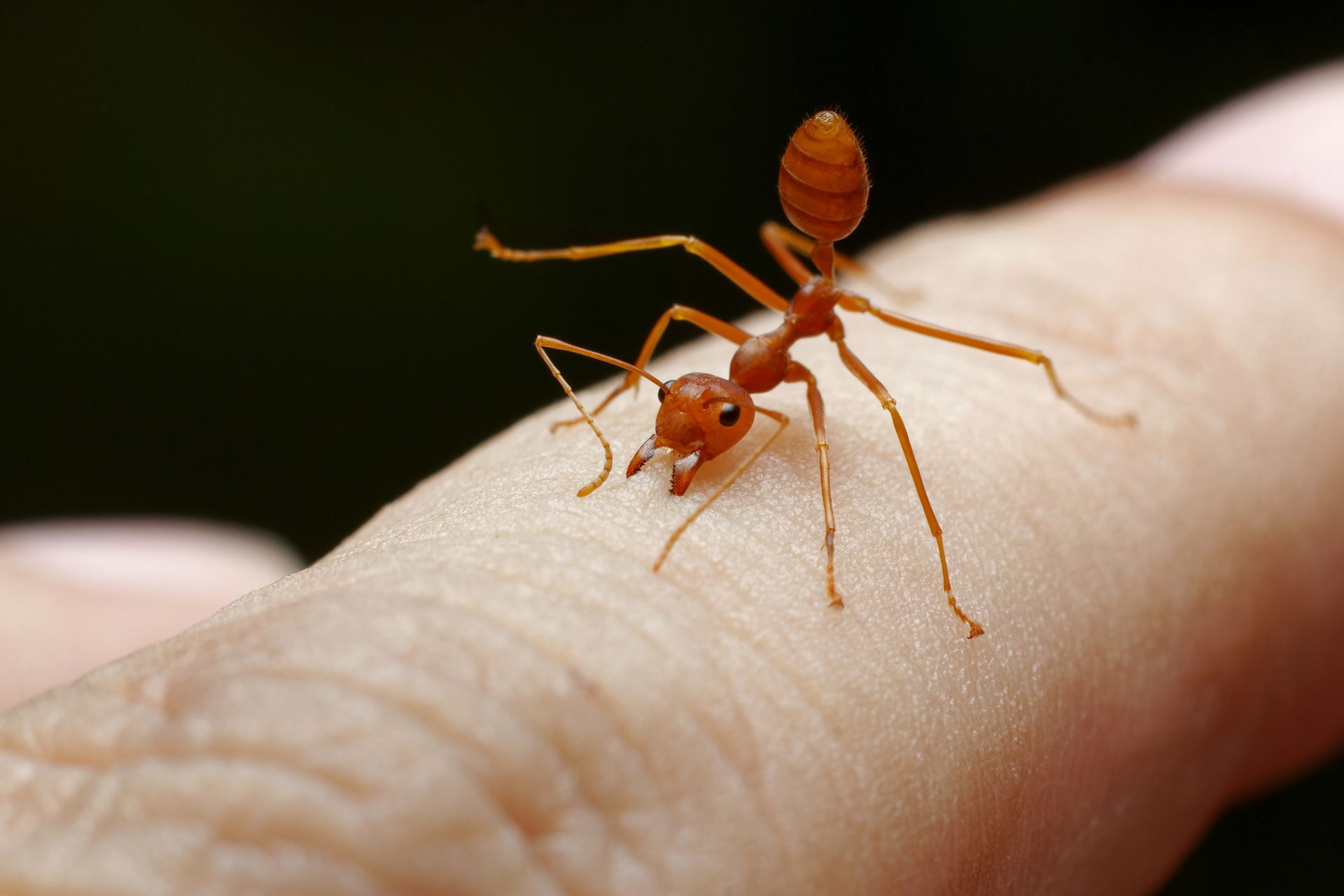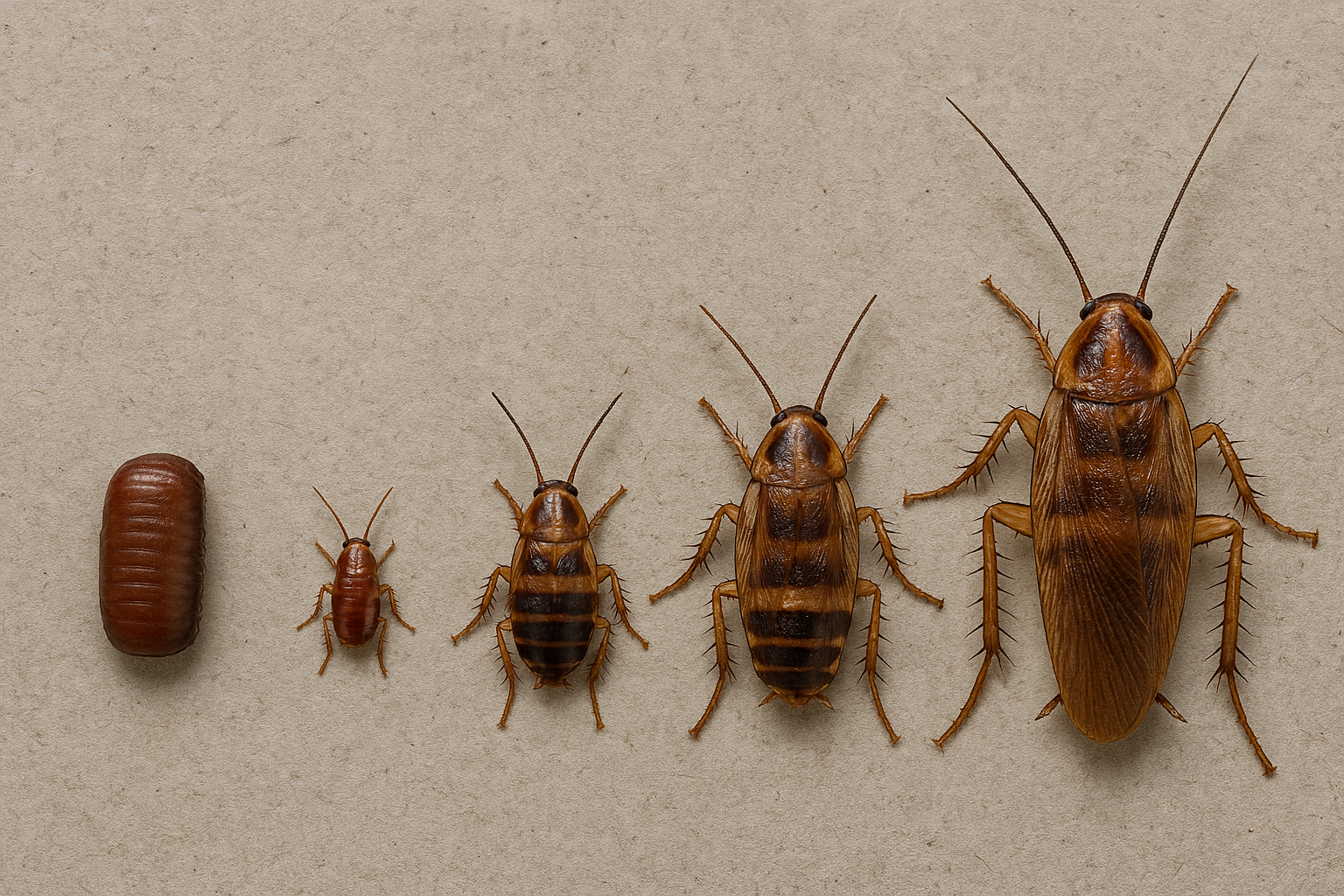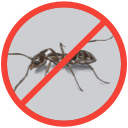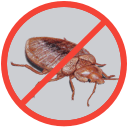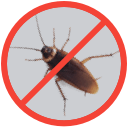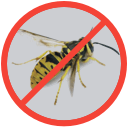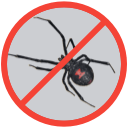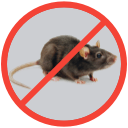What Do Mice Eat in the Wild?
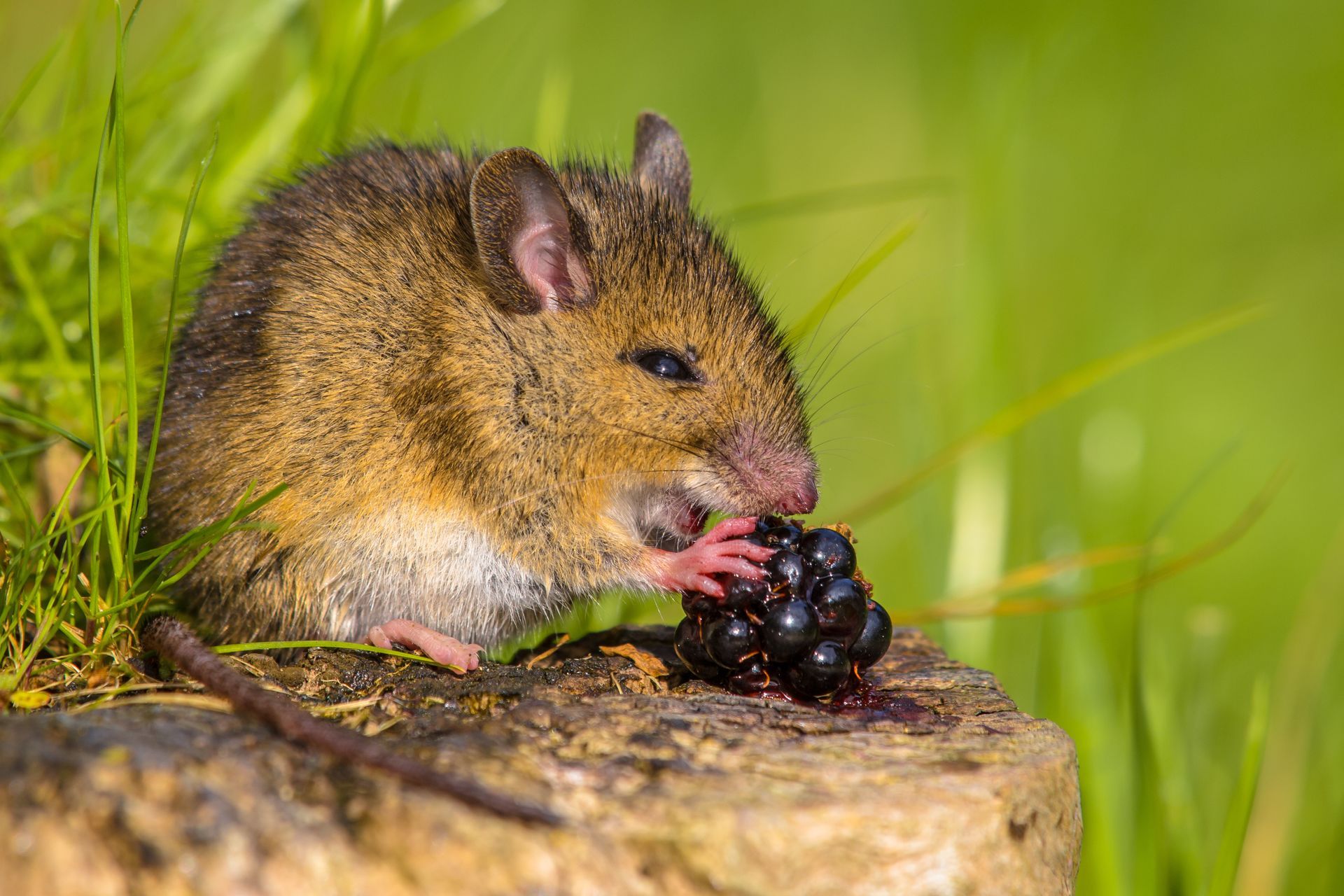
Mice out in the wild are versatile eaters with diverse diets that can include grains, fruits, seeds, vegetables, insects, and carrion. However, their diet varies based on their environment and can change drastically depending on where mice live. For example, mice that are found on farms will consume everything from corn to vegetable crops, while mice in suburban settings will find sustenance in homes and garbage. Regardless of where they find themselves, mice are opportunistic feeders that are excellent scavengers and foragers. Mice can also resort to carnivorous behavior like eating insects and even engaging in cannibalism under extreme circumstances. With that in said, mice tend to prefer easy meals so if there is ample access to food within human homes, mice will be drawn inside. This could potentially lead to infestations and any associated health risks due to contamination and disease spread. Understanding their dietary preferences can help in both controlling an infestation and preventing one, as removing access to their preferred food sources can deter them from intruding into human habitats.
Are Mice Omnivores?
Mice are omnivorous and can consume a wide variety of food sources ranging from plant-based foods to animal matter. In the wild, they prefer grains, fruits, and seeds which often results in significant damage to crops and gardens. Mice are particularly fond of these types of foods because they are high in carbohydrates which equates to lots of energy for these small animals that are always on the move. While their diet is primarily vegetarian, they won't hesitate to eat meat when the opportunity presents itself. In more urbanized environments, mice adapt their diet to what foods are available which can result in a more balanced diet that contains anything from meats, grains, oats, cereal, rice, corn, fruit, and seeds.
What Will House Mice Eat?
House mice are highly adaptable creatures and have evolved to eat a wide range of food sources. As mice find their way into human homes, they initially seek out familiar foods similar to their natural diet. This includes foods with carbohydrates and sugar content, such as grains, berries, and fruits. They eventually learn to scavenge for other food scraps that may be found in the garbage in addition to any food that isn’t properly stored. As they explore their new indoor surroundings, mice may discover other human foods like cereal and packaged items. Once they find themselves acclimated to a house setting, mice will eat almost everything in their path. Throughout the course of a single day, a mouse typically consumes around 3 to 5 grams of food over multiple feedings. Proper storage of food in secure containers and keeping food waste in well-sealed garbage bins are advisable steps to deter mice from accessing food sources and minimize infestations.
What Do Mice Like to Eat in Your Home
Mice are attracted to various types of food found within homes, with some of their favorites being cereal, high-fat or high-protein foods, and high-sugar items.
- Cereals are particularly appealing due to the ease of access, as the cardboard packaging is often easy for mice to penetrate, and the grains are simple for them to hold and consume.
- Foods high in protein, fat, or sugar like lard, bacon, butter, grease, chocolate, and dried fruits, also serve as potent attractions.
- Pet food, bird seeds, grass seeds, and other plant products can draw mice in for a feast.
Given their timid and nocturnal nature, a mice infestation may not be immediately apparent. However, signs like droppings in kitchen or cabinets, a foul odor, or scratching sounds from inside the walls may indicate their presence. Thus, being aware of the types of food that attract mice can help in their management and control within residential settings.
Do Mice Eat Cheese?
Mice, contrary to popular belief perpetuated by cartoons, do not have a strong preference for cheese. In reality, mice are attracted to nutrient dense foods that are rich in carbohydrates. Mice favor these foods because they can be easily broken down and turned into energy which is important due to their small size and the need to move fast to escape predators. For example, mice are much more likely to choose peanut butter over cheese. While cheese may not be their top choice, mice are indiscriminate eaters and will consume any available food source including cheese if given the opportunity.
Do Mice Eat Meat?
Mice primarily focus on a diet of grains and seeds but will consume meat to some extent if it is available and easily accessible. While mice are primarily scavengers, they can also be opportunistic hunters that are known to occasionally take down small, weakened birds, lizards, bugs, and insects. While it is rare, mice would rather not engage in hunting other animals for food, and instead would rather consume leftovers from the hunts of other large predators. This is because mice are not typically successful predators and would much rather opportunistically consume animal protein in the form of carrion.
Do Mice Eat Bugs?
While they may not be apex predators, mice are known to hunt and consume a wide variety of insects. While proteins are not a primary staple of a mouse’s diet, they have been known to hunt and eat everything from worms, snails, slugs, beetles, centipedes, grasshoppers, cockroaches, and even scorpions. The species of mice and the environment they live in are big factors that determine the insect diet of many mice species. Most house mice will not eat bugs given the wide variety of other food available, but it isn’t uncommon to see mice eat bugs when food is scarce.
Do Mice Eat Roaches?
Mice do eat roaches, but it is not a significant part of their diet. Roaches are often too fast and agile for mice to catch on a regular basis. However, mice are opportunistic feeders and will take advantage of a distressed creature. If they come across roaches that are trapped or otherwise incapacitated, they will readily consume them. It is worth noting that if a mouse consumes a significant number of roaches that have been poisoned, it may also become sick as a result. Proper pest control measures should be implemented to address roach infestations and minimize the risks associated with both roaches and mice.
Do Mice Eat Sweets?
Mice in the wild have developed a preference for sweet foods like fruits and berries because they are typically easy to find, and they provide a valuable source of nutrition that turns into lots of energy. This preference stays with mice as they enter homes which results in mice seeking out sweet foods found in kitchens and pantries. Despite the challenges they may face in finding and accessing these foods, mice will often go to great lengths to reach these sources of food as they provide high amounts of energy for these small creatures that rely on speed to stay safe and avoid predators. This typically results in mice finding cookies, trail mix, dried fruits, and other sweets so these food items should be stored properly in containers that are more durable and less prone to mice invasion.
Do Mice Eat Plants?
Mice are attracted to various types of vegetation because plants tend to have fruits and seeds which are primary staples of a mouse’s diet. Some garden vegetables that are mice favorites include:
- Green beans
- Sunflowers
- Corn
- Grains
- Zucchini
- Cauliflower
- Potatoes
- Carrots
- Turnips
- Cabbage
- Peas
Even flower gardens are not immune to mice, as they have been known to eat tulips when their preferred food sources are scarce. Understanding mice's attraction to plants is crucial in rodent control, especially in outdoor environments. Implementing measures to deter mice, such as using protective barriers or employing repellents can help safeguard gardens and minimize damage. Additionally, maintaining good garden hygiene, removing fallen seeds or fruits, and promptly addressing any signs of mouse activity can contribute to effective rodent management in plant-rich areas.
Do Mice Eat Grass?
Outdoor mice are known to feed on grass as part of their diet. Similar to dogs and cats that eat grass, it is assumed that grass helps with digestion and acts as a source of insoluble fiber. In addition to grass, they may also consume the bark of certain woods and other edible substances in their natural habitats. While house mice will occasionally eat grass, their preference still tends to lean towards more easily accessible and nutrient-rich food sources available in indoor environments.
Do Mice Eat Other Mice?
Mice have been known to exhibit cannibalistic behavior under conditions of starvation or extreme competition for food resources. Such behavior is not the norm but when under circumstances that require mice to choose between starvation and survival, adult mice will often start targeting younger, more vulnerable mice. This dire act is a desperate measure to enhance their own survival chances when faced with a shortage of food. It's noteworthy that cannibalism among mice shouldn't be confused with the predatory behavior of rats which actively hunt and consume mice because they are an easy meal and competition for resources. While cannibalism in mice is relatively rare and a last resort, it serves as a stark reminder of the lengths these small creatures can go to ensure their survival when resources are scarce.
Do Mice Eat Building Materials?
While mice primarily seek out edible food sources, their constant need to gnaw can lead to significant damage to inedible household materials. A distinctive characteristic of mice is that their teeth continually grow which compels them to constantly chew on various materials to maintain a manageable length. This behavior can result in them damaging materials such as electrical wiring, cardboard boxes, papers, wooden walls, drywall, and rubber insulation which may showcase tell-tale chew marks. These actions are typically not for nourishment but are driven by their nesting habits and the instinctive need to curb the growth of their teeth. Consequently, they pose a substantial threat to properties while creating potential fire hazards by chewing through wires in addition to causing structural damage by boring holes into furniture, cabinets, and baseboards.
Best Food to Use in Mice Traps
The effectiveness of bait used in mouse traps is crucial for successful pest management. Leveraging the preferences of mice can significantly improve trapping outcomes. Among the most effective baits are those high in sugar or fat content. Peanut butter in particular is extremely useful due to its potent aroma and sticky nature which makes it harder for mice to consume without triggering the trap. However, candy that combines chocolate and peanut butter is nearly irresistible for mice. Other potential bait options include bird food, pet food, and cereals, as well as jam, which mimics their preference for sweet fruits in the wild. By understanding what mice prefer to eat, homeowners and pest control experts can devise more effective mice control strategies by employing the right bait in traps or reducing the availability of these foods around our homes to decrease the local mouse population.
Contact EcoGuard Today if You Are Dealing with Mice
While understanding mouse behavior and diet can help manage minor infestations, it's often beneficial to engage professionals for a thorough and effective mice control solution. If you're grappling with a mouse problem in your home or business, don't hesitate to reach out to the experts at EcoGuard Pest Management. With our deep knowledge of rodent behavior and advanced pest control strategies, we are fully equipped to handle any mouse infestation, ensuring a safe and pest-free environment for you. Remember, the key to successful pest management is early detection and swift action - so contact us today for a free inspection and let us help safeguard your property from these unwelcome visitors.


